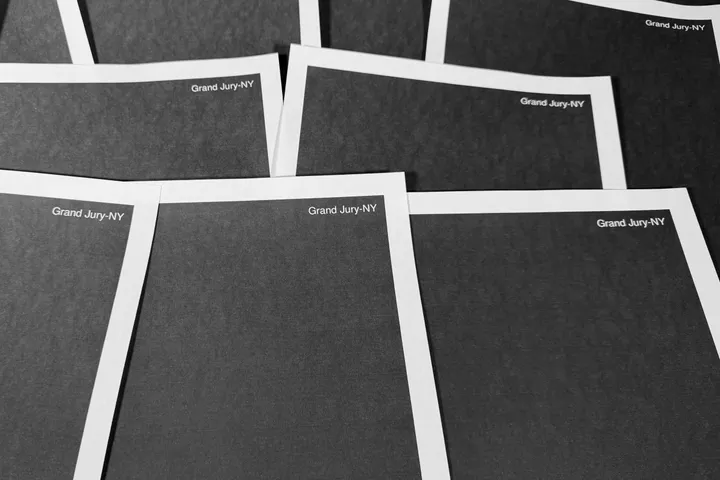The arrest and imprisonment of ninemembers of a grassroots pro-Catalan independence organisation on allegations of terrorism have inflamed worries about Spain’s targeting of the Catalan secessionist movements.
The Committees for the Defense of the Republic (CDR), a set of disparate groups that formed to support the October 1, 2017 referendum on independence in Spain’s northeastern province.
Since then, the CDRs maintain they have used nonviolent organising to participate in demonstrations, but also to encourage public discourse and debate on the establishment of an independent Catalonia. Many in the restive region believe this is an expression of freedom of speech and political expression, while Spanish authorities see it as rebellion.
A judge of Spain’s National Audience, a court with jurisdiction over all of Spain’s territory which has special focus on crimes against the state and crown, ordered at the end of September six of nine CDR members detained to prison without preconditions on charges of “membership in a terrorist organisation, the manufacture and possession of explosives and conspiracy to wreak havoc.”
A Spanish magistrate alleged the arrested were part of a “tactical response team” of the CDRs, with a “hierarchical structure that aims to establish the Catalan Republic by any means, including violent ones”.
But Spanish authorities have a history of making bold claims about household items, Alex Hernandez,a Barcelona resident who supports independence, told TRT World.
“There’s been times when the ‘explosives’ were vinegar and baking soda”, Hernandezsaid in an interview. “Terrorism is an easy accusation here.”
Terror?
Spain has a long history of separatism, being home to at least five different national identities and languages. Members of some of these national identities – most notably the Basque – have formed organisations that carried out violent attacks against civilians.
ETA, the terror group who wanted independence for the Basque Country, which has a language and DNA unique to its historical region that encompasses lands in Spain and France, bears responsibility for an estimated 829 deaths from 1961 to 2011. Of these, 343 were civilians and 486 were members of security forces, according to the Spanish Interior Ministry.
In 2015, Spanish police arrested six alleged members of an anarchist vegan terror organisation in Madrid. At the time, police alleged they were in possession of supplies to make explosives.
These were Lombard broth, which is a foodstuff, vinegar and baking soda – common cleaning supplies that produce a mild chemical reaction when mixed.
Spanish media also called attention to the police statement on the arrests, which was written in conditional conjugation: “[N]ine people were people related to Catalan independence movements that could be prepared to carry out violent actions”, with substances “considered to be precursors” for the fabrication of explosives.
These substances were awaiting analysis from specialists, the statement said.
Spanish police did not respond to TRT World’s requests for comment or updates.
Support for independence waning
Catalonia has its own history as a separate kingdom, with its own culture and language. However, these unique elements were suppressed, along with other cultures and languages indigenous to Spain that differed from the Castilian – or Spanish – majority, enforced by fascist dictator Francisco Franco.
While the arrests have raised ire among Catalans, support for independence appears to be waning. A Catalan institute published a poll in July which showed support independence at its lowest level in two years, with 48.3 percent of people against and 44 percent in favour.
Public support for independence was at its peak after an independence referendum held in October 2017 was repressed by Spanish national police, who used violence to stop voting.
Subsequently, the Catalan regional parliament declared independence from Spain, which saw Madrid respond by stripping the region of its autonomy and calling for new elections.
While support could be waning, Catalonia awaits a spark that may reignite a regional push for sovereignty. A verdict is expected in the first half of October in the trial of 12 pro-independence leaders for their role in the 2017 independence referendum and declaration.
They face charges of rebellion, sedition and misuse of public funds. The politicians face a combined total of roughly 200 years behind bars if they receive the maximum prison sentences requested by prosecutors.
“If the politicians are sent to prison, this place will erupt in protest”, Hernandez said from his home in Barcelona.
“Catalonia will shut down”.
























